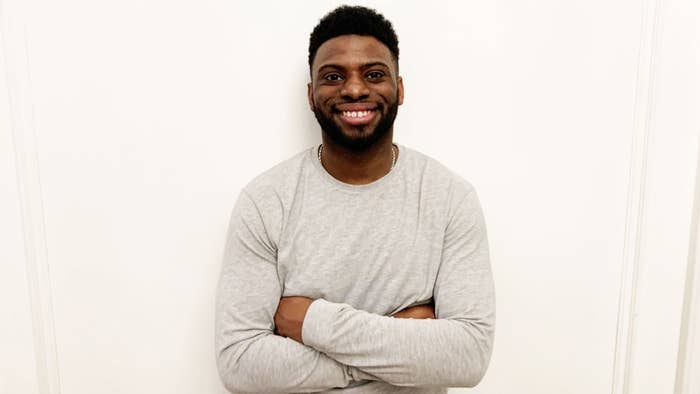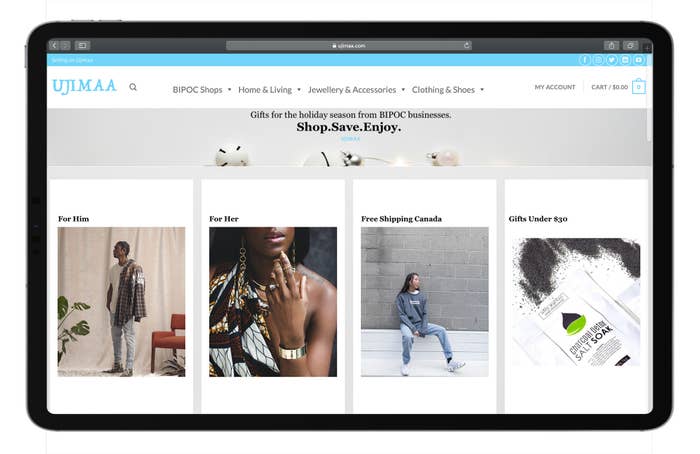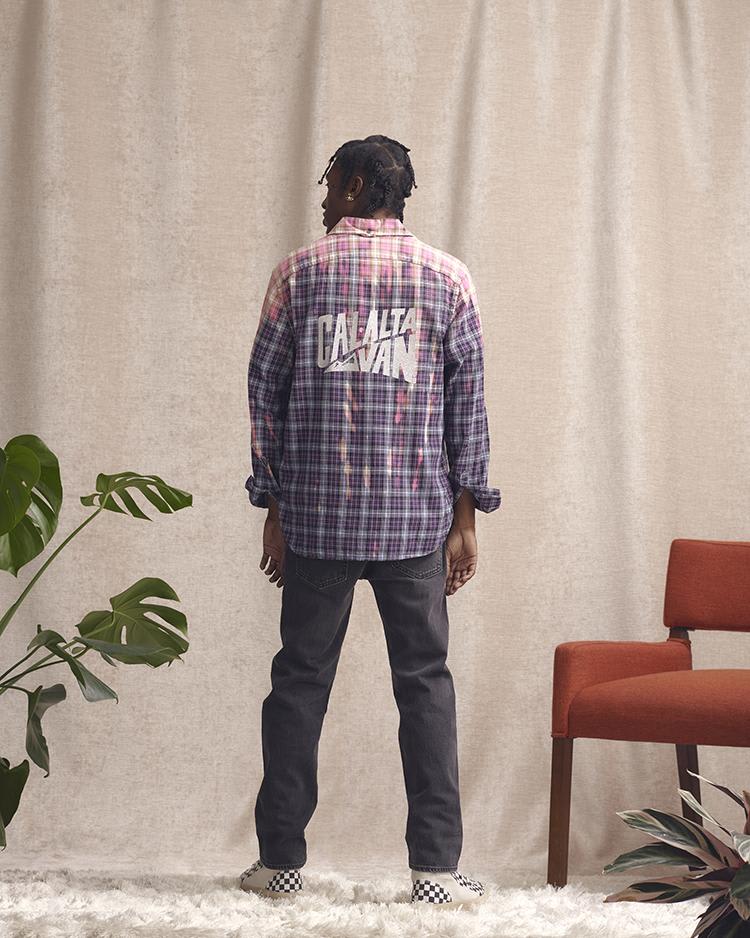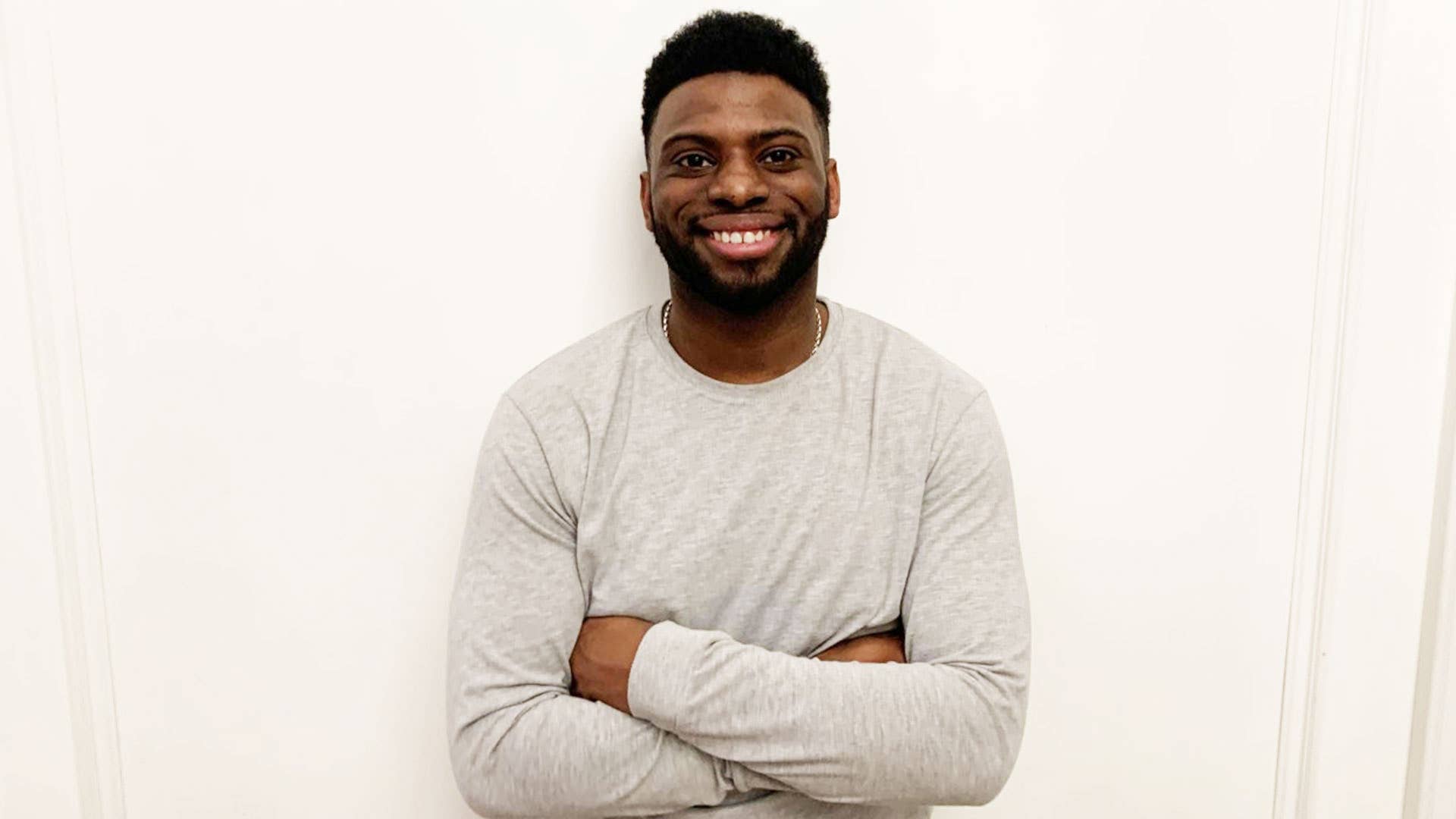
Chasing his NHL dream, Jordan Subban found himself faced with a nightmare.
Living dorm life in his second year as a pro at Utica, New York, and playing for the Vancouver Canucks’ affiliate team—the Comets—Subban and his teammate were robbed at gun point. Gone were personal items he cherished as well as those that helped him disconnect from the everyday grind of working towards the big leagues, like his Xbox.
That scarring event pushed Subban to move to a new place as soon as he could. He also took some time to reflect, and the ever-positive 25-year-old decided he wanted to find more productive ways to spend the hours he would usually kill playing his gaming console.
“I started taking online courses for computer programming and app development,” Subban said. “It was really iOS app development, that’s what I really liked. I would be programming on the road, doing front-end design, learning all of that, and I loved it.”
Picking up new hobbies or shows to watch since the COVID-19 pandemic hit Canada in March has been the new normal, but that early proactiveness from Subban meant he was ready to go chase another dream when the world came to a halt. His passion for technology in combination with the desire to contribute to the fight for racial justice and equal opportunity led him to create Ujimaa, a platform designed to elevate BIPOC- and women-owned businesses. The name originates from the Swahili language and means collective work and responsibility.
“There’s a lot of social media accounts bringing awareness, and awareness is great and it shouldn’t stop,” Subban said. “At the time when I came up with the idea for Ujimaa it was focused on Black-owned businesses and being Black. It’s great to bring awareness, we need to continue to do so, but we’ve been socially oppressed for four hundred years and we’ve been saying these things and it’s not that that needs to stop or that it’s not important, but it’s about taking the next step.

“With Ujimaa, we’re making it easier for consumers to make conscious decisions about who they’re supporting and also amplifying BIPOC- and women-owned businesses.”
Stace Barton had reason to be excited before the doom of March. With a new shoe under his ANY 7 fashion brand to market at a pop-up shop in Toronto, Barton was anticipating potential customers converting to sales once they got a feel and real look at it. But like so many small business owners, hopes of taking his business to the next level were dealt a setback when the novel coronavirus yielded no mercy.
Driving through the GTA core with his cell phone placed in its holder, Stace Barton saw a push notification for a new email received. Normally, he’d just keep motoring along to his destination but this wasn’t a normal email for someone who considers himself a big hockey fan.
“With Ujimaa, we’re making it easier for consumers to make conscious decisions about who they’re supporting and also amplifying BIPOC- and women-owned businesses."
Subban was the name of the sender that flashed across his screen and Burton felt an immediate need to see if it was actually happening.
“At first I was like, ‘Is this for real?’” Barton said. “I quickly realized it wasn’t and emailed back immediately.”
Subban, fresh off playing for the Dornbirn Bulldogs in Austria, was just as excited. After he sent several cold emails informing businesses about Ujimaa, Barton was the first to reply. For Barton, it was the opportunity to connect with someone like-minded both from an entrepreneurial and business perspective. As a Black man, the message and goal of Ujimaa resonated deeply as well and having the opportunity to connect with more Black creatives and bring to light more opportunities for entrepreneurs like himself was a no-brainer. The two upbeat personalities hit it off instantly and are in constant communication now.

“As far as him putting his money where his mouth is, he’s been amazing,” Barton said. “I haven’t worked with many people that do what they’re gonna say so quickly.” Crystal Rowe, the founder and owner of jELN—a Toronto-based self-care line focused on natural beauty and positive energy—very much considers herself a one-woman team and so had a few things to ponder before teaming with Subban and Ujimaa. The jELN brand itself is extremely personal to Rowe as it was an invention by necessity.
Back in 2009, Rowe first experienced a rare skin condition that left her with scarring on her face. After trying big brands that offered no resolution, she began doing her own extensive research to build a natural healing product. The business was able to launch last year and each product is handmade. That same level of care was going to be exercised when deciding whether to team with Subban.
“He reached out and it took me a little while to get back,” Rowe said. “But he was very patient with me, took his time, the whole onboarding process was smooth. [He] told me why he was doing this and I felt like it really aligned with jELN.”

Both Rowe and Barton highlighted how shared experiences and a genuine approach from Subban resonated and got them excited to work with Ujimaa. The opportunity to not only increase their exposure but open their eyes to other businesses from their community was one they couldn’t pass up on. It is Subban’s “Why” that has made the difference in getting business owners to buy in on Ujimaa as a brand and him as an entrepreneur. The pandemic may have presented its own set of issues as far as his hockey career is concerned, but the idea of building something far bigger than himself has long been a priority.
“I felt that there were some stigmas and stereotypes around Black-owned businesses,” Subban said. “On Ujimaa, there’s these businesses that make great products, but quite honestly there’s stigmas around these types of businesses making those types of products. If you wanna support Jamaican businesses, you’ll see a lot of stuff come up about patties and restaurants, but that’s holding other businesses by Jamaicans back.
“That applies to BIPOC- and women-owned businesses as well—there’s stereotypes for each type. What I want to do is amplify these businesses and say, ‘Here, these are great products as well’ and we need to provide a platform for them to not only have a voice, but for consumers to have more choices and see that there’s other great things out there.”

